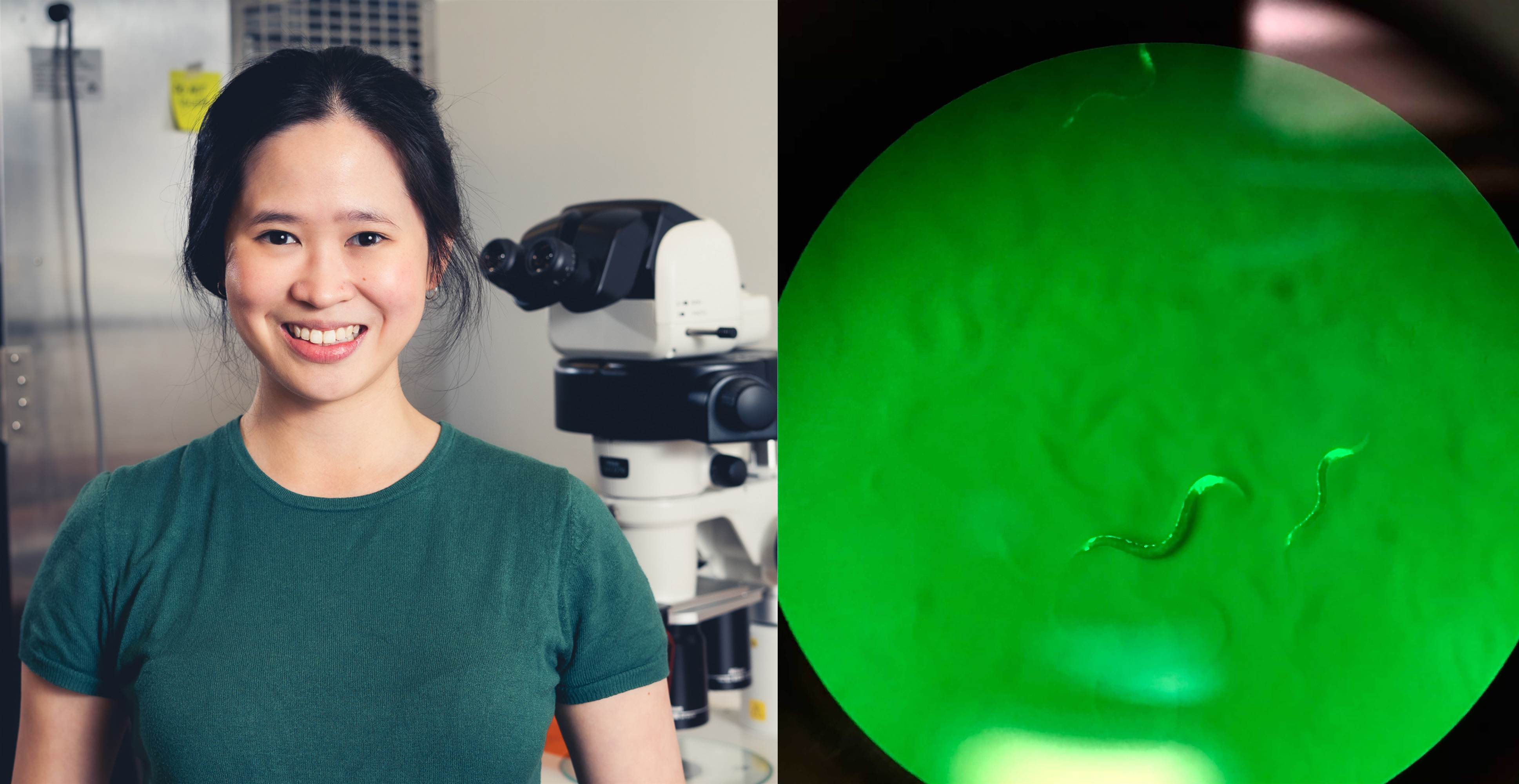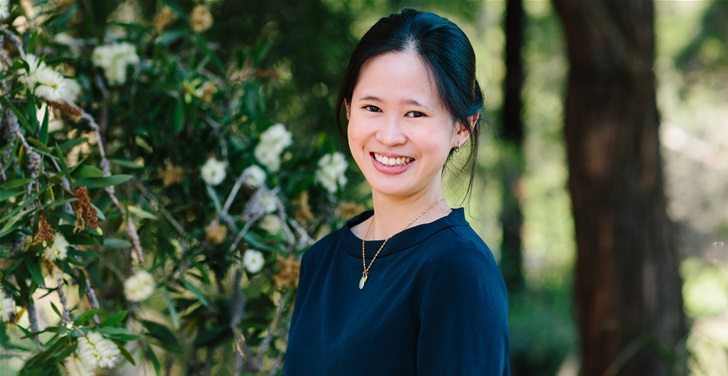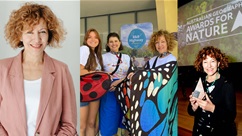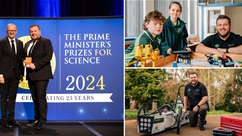KZ: Hi Yee Lian! What experience did you have before your current role?
YL: In high school, I did every science and maths subject that I could get my hands on – I simply loved it. When I went to uni, I decided to do a Bachelor of Science so that I could explore as many science subjects as I could without limiting myself to a specific topic. Since then, I have worked on projects in microbiology (on viruses!), the genetics of ageing, and finally, studying how the brain ‘computes’ memories. So I guess I’m constantly learning and exploring different topics, I can’t sit still!
KZ: What inspired or influenced your decision to become a geneticist and neuroscientist?
YL: I have always been curious about the world. As a child, I remember getting a book about ‘Why do zebras have stripes?’ and I was so excited to read it so that I would finally understand why this animal looked the way it did. I was really disappointed that the book’s explanation was ‘To hide in long grasses’, which wasn’t really an explanation of ‘Why’ but more about what the animal could do with its stripey appearance. From the moment I started learning genetics, I fell in love with it because it gave me explanations for how genes encode the way living things look. It was fascinating to learn that genetics (together with many other factors) also influence how animals behave. From there, I took the next leap to neuroscience to understand how genetics can change brain cells, and how changes in brain cells in turn drive different behaviours.
KZ: What is your personal aim or goal through your work?
YL: I really want to make the world a better, safer, fairer place. I think we can do this through understanding the world we live in, appreciating the incredible natural world, and doing our best to conserve our environment.

KZ: What has been the highlight of your career so far?
YL: Every time I test a theory and find something unexpected, there is a spark of excitement – of discovery – that never gets old. For a brief moment, I am the only person in this world who has this knowledge. It is an incredible feeling. This has happened only a very few times in my career, but I really cherish these memories.
KZ: What are the best and worst parts of your job?
YL: The best parts are doing experiments in the lab and seeing my beautiful worms! The worst parts are applying for research funding. I appreciate that only good research should be funded, but there is so little money available that even excellent projects miss out and lots of exciting research ends up not happening. On average, only 1 in 10 applications is successful. It is really demotivating at times. Without research funding we simply cannot do our work.
KZ: Did you take part in any activities or hobbies as a child that gave you skills you use a lot at work?
YL: I was not a very musical child (you can ask my parents, they will definitely agree) but I really loved listening to music and wanting to create music of my own. I was fortunate to have the opportunity to study the piano and violin from when I was around 8 years old. Although I was not naturally talented, I learned very quickly that the more practice I did and the more carefully I practised, the better I got. This taught me a very important lesson – if I wanted to be better at something, I had to be precise, and I had to practise. This definitely helped me as a scientist – learning new skills is part of the job, and doing things carefully is essential. If I want to become good at a new microscopy technique, I have to practice, and be very precise in my work!
KZ: What would K-Zoners be surprised to learn about you?
YL: When I was 25, I decided that I wanted to learn Karate. At nights after work, I would take Karate lessons and it was really fun! I managed to get up to a blue belt (about 4 grades after white belt) before I had to move cities and I stopped doing classes. I can’t wait to get back into it!
Want to read more? Grab the September 2021 issue, on sale now!










Comment Now!